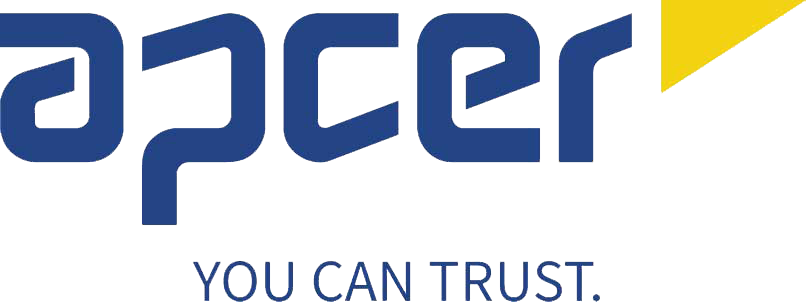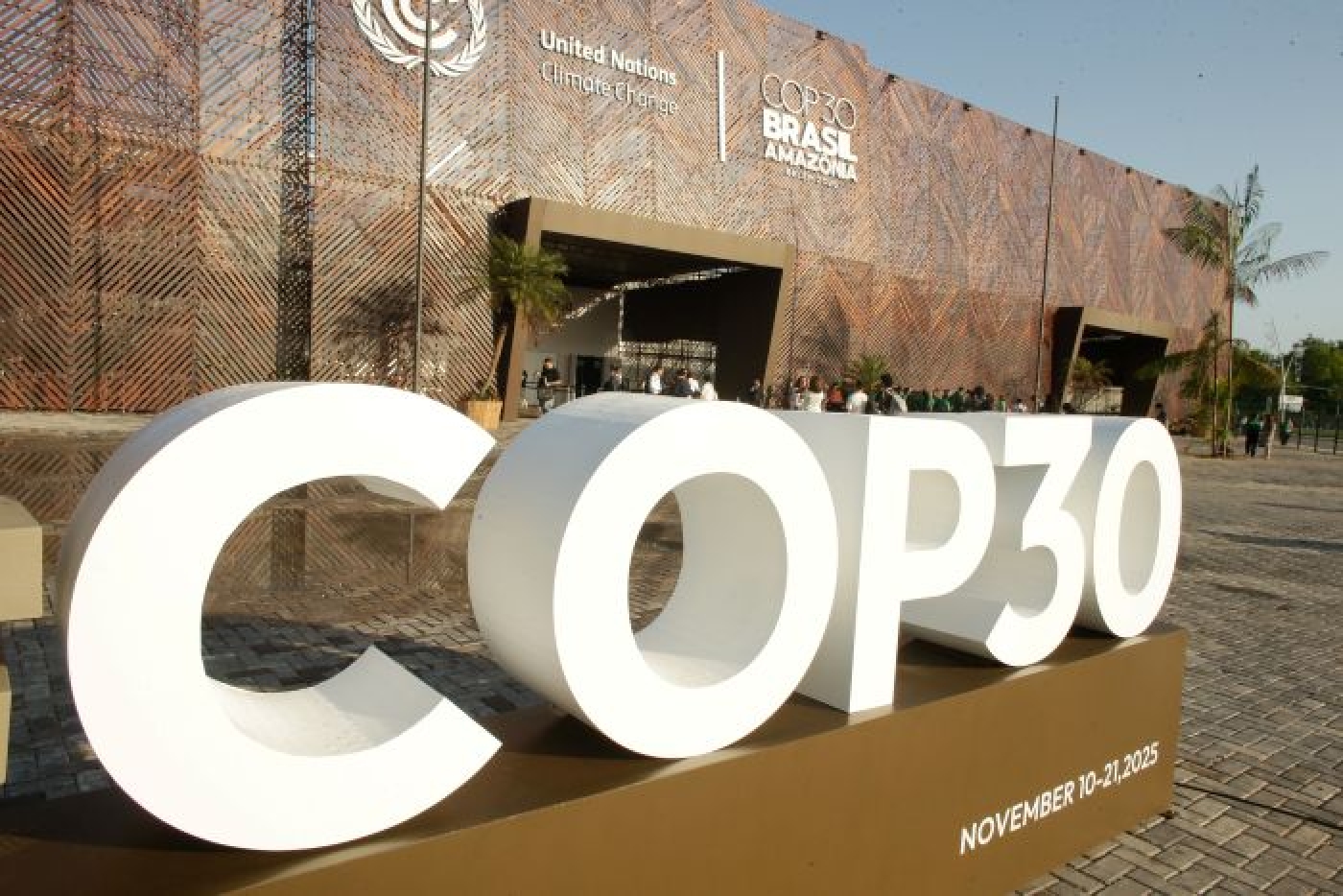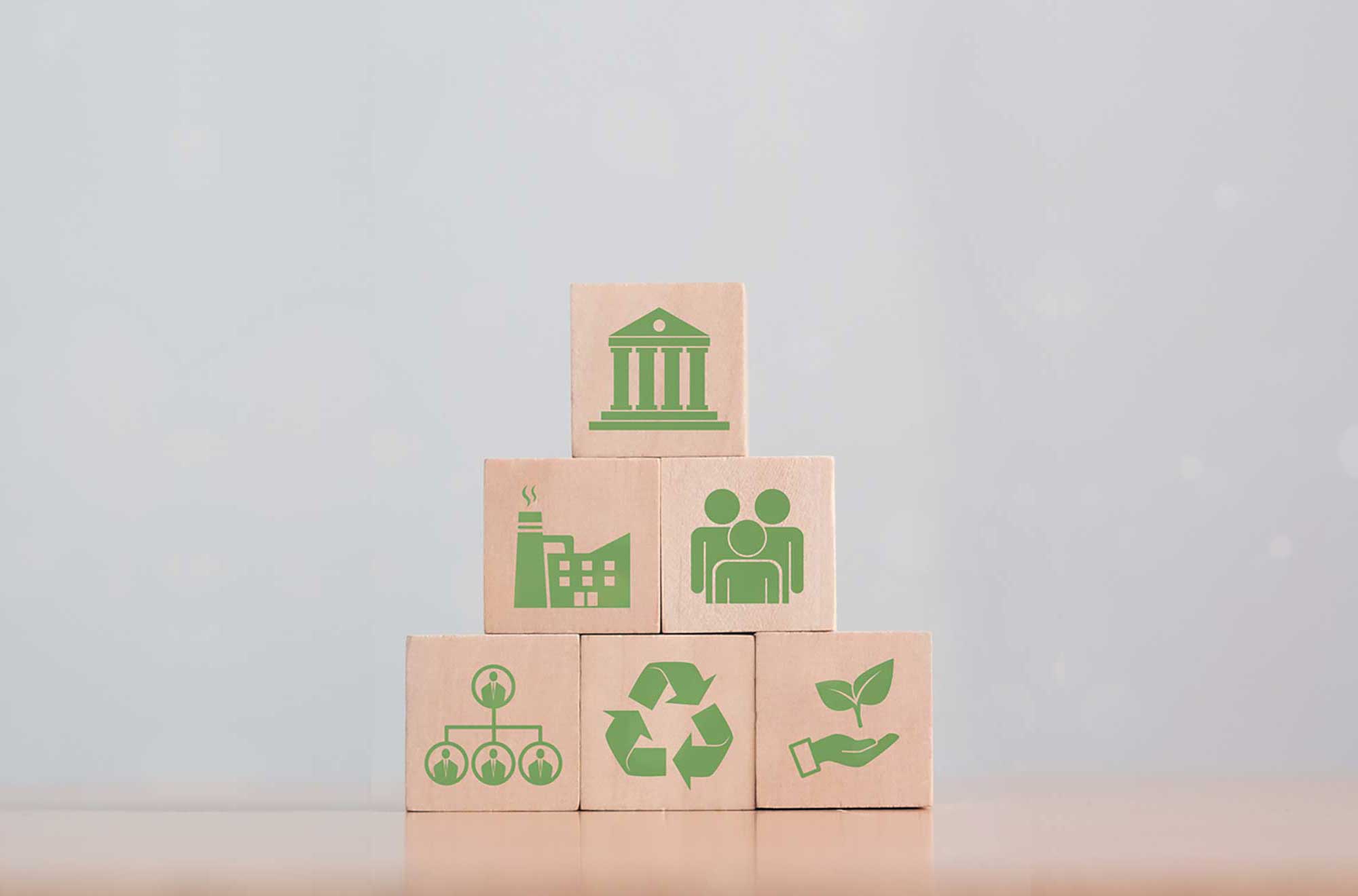World Consumer Rights Day, celebrated on March 15, highlights the importance of consumer protection, market transparency, and responsible business practices. More than just a right, safety and trust in purchasing decisions are essential for a fair and balanced market.
In this context, certification plays a key role in ensuring that products and services meet strict quality, safety, and sustainability standards. But how does it work, and why is it so important for consumers?
What Are Certifications, and Why Do They Matter?
Certifications are quality seals granted by independent organizations, verifying that products, services, and companies comply with internationally recognized standards. These frameworks, such as ISO, FSC®, PEFC, GOTS, and Textile Exchange, establish strict criteria that ensure transparency, quality, and social and environmental responsibility.
For consumers, choosing certified products and services means opting for trust, safety, and a commitment to best practices. Here are some key advantages:
1. Guaranteed Quality and Safety
Certification ensures that products and services meet rigorous quality and safety standards, offering greater confidence to consumers.
✅ ISO 9001 – Ensures an efficient quality management system, driving continuous improvement.
✅ ISO 22000 & IFS Food – Certify food safety across the entire supply chain.
✅ ISO 13485 – Certifies the quality and safety of medical devices.
2. Transparency and Reliable Information
Certification gives consumers access to clear and trustworthy information about the products and services they choose.
✅ FSC® & PEFC Chain of Custody – Ensure that wood and paper come from responsibly managed forests.
✅ MSC & ASC – Certify that seafood and aquaculture products are sourced responsibly.
✅ ISO 50001 – Promotes energy-efficient management, reducing waste and encouraging sustainable consumption.
3. Sustainability and Social Responsibility
More and more consumers are seeking products and services aligned with sustainability and ethical values.
✅ ISO 14001 – Demonstrates companies' commitment to reducing environmental impact.
✅ SA 8000 & ISO 45001 – Ensure fair and safe working conditions.
✅ GOTS (Global Organic Textile Standard) – Certifies that textiles are made with organic fibers and adhere to strict environmental and social criteria.
✅ Textile Exchange – Promotes sustainable practices in the fashion and textile industries, encouraging the use of recycled and lower-impact materials.
4. Risk Reduction and Consumer Protection
In a market where misinformation is common, certification helps protect consumers from fraud and unnecessary risks.
✅ ISO/IEC 27001 – Ensures that companies protect consumer data from cyber threats.
✅ ISO 22301 – Certifies that businesses have a continuity plan, maintaining essential services even during crises.
Choosing Certification Means Choosing Trust
On World Consumer Rights Day, we reinforce the essential role of certification in building a safer, more transparent, and sustainable market. Choosing certified products and services is a conscious decision that benefits consumers, businesses, and society as a whole.
Because a fairer market starts with responsible choices.















